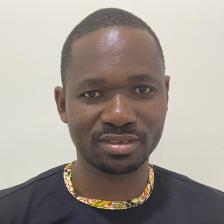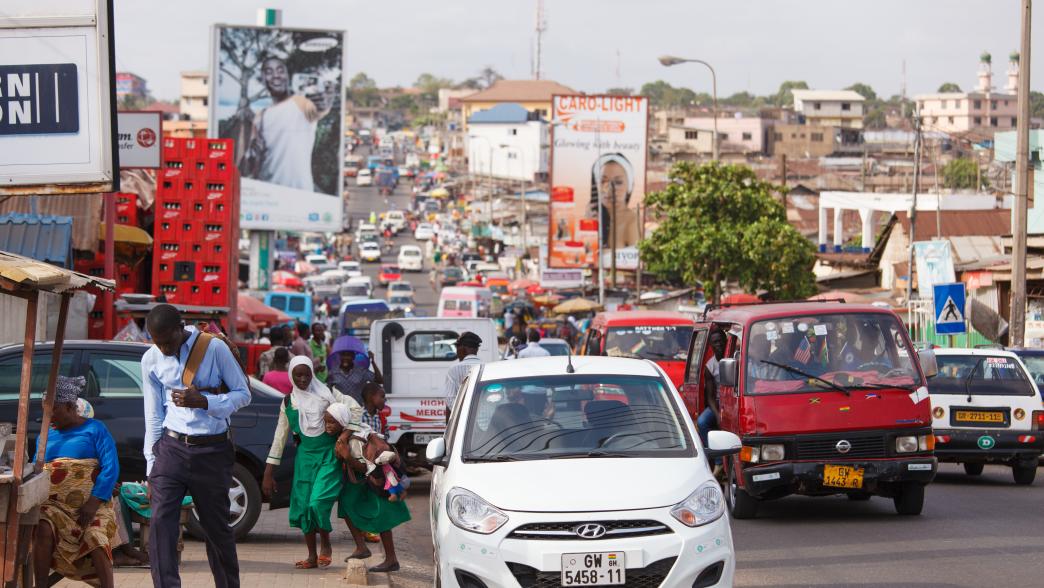
Resource-Backed Loans in Ghana: Risks, Opportunities and Lessons
Developing countries have trouble financing development mainly due to limited access to capital markets, high cost of borrowing, slow growth, or a mix of these. Countries with natural resource endowments have attempted in the last few decades to leverage these endowments to surmount those challenges. Many of their development efforts focus on closing huge infrastructure gaps.
Ghana is a producer of cocoa, minerals, oil and gas—assets that have increasingly featured in the government’s infrastructure financing plans. Ghana’s infrastructure financing totaled USD 23 billion between 2007 and 2020, and annual infrastructure investment will need to reach $9.3 billion by 2030 (13.9 percent of 2019 GDP). Official development funding and private sector financing have been inadequate to meet these infrastructure needs. As a result, the Ghana Infrastructure Plan identifies Chinese infrastructural funding as a source to fill the gap.
Ghana’s infrastructure financing has in part relied on leveraging its natural resources. Through resource-backed loans (RBLs), governments (directly or through state-owned companies) borrow funds and repay the loans in physical natural resources or with money from resource-related future income streams. Ghana has entered into three such RBL deals, totaling more than $5 billion, in the last two decades; all three involve Chinese state-owned enterprises as lenders.
Given the country’s narrowing fiscal space and debt levels, Ghanaian officials may be tempted to explore additional innovative financing arrangements including pursuing additional resource-backed loans (RBLs).
The government continues to pursue “creative” financing approaches involving Ghana’s resources, such as the controversial proposed Agyapa deal whereby the government would leverage mineral royalties for development financing by listing of 49 percent of Ghana’s gold royalties through a special purpose vehicle. While Agyapa is not a resource-backed loan per se, Ghana’s experience with RBLs should inform such plans as there are shared characteristics and risks with resource valuation and collateralization, project financing, lack of transparency and citizen consultation.
Key messages:
- Ghana’s government continues to pursue “creative” financing approaches involving the country’s resources. Lessons from Ghana’s past experiences with resource-backed loans (RBLs) should inform such plans as there are shared characteristics and risks.
- RBL arrangements have helped to address critical infrastructure gaps in key sectors such as power, gas and road infrastructure but are characterized by ineffective oversight, project financing challenges, hidden debt and negative economic impacts. Officials ought to address such risks in the conception of any unconventional financing arrangements in the future.
- RBLs in Ghana, as elsewhere in sub-Saharan Africa, have been largely characterized by unrealistic projections of loan amounts and potential projects; this has resulted in disbursement challenges and project funding bottlenecks. More modestly sized loans and rigorous valuation of earmarked projects could address these and minimize costs charged as a percentage of the initial loan amount.
- Given the trajectory of Ghana’s debt and questions around the use of borrowed funds, it has become imperative for the government to publish all project-related loan contracts, including RBLs, with foreign creditors of all types. Officials can draw lessons from the experiences of nearby countries including Cameroon.
- Collateralized resources are collectively owned by citizens; officials and policymakers must therefore solicit and hear their concerns. The government must factor citizens’ concerns about collateralizing mineral royalties into the structure of any deal. It is not sufficient for sponsors to rush such deals through parliament with the justification that “the representatives of the people will provide oversight.”
Resource-backed loans: pitfalls and potential
Authors

Denis Gyeyir
Africa Senior Program Officer
